
Welcome to The Best Movie You NEVER Saw, a column dedicated to examining films that have flown under the radar or gained traction throughout the years, earning them a place as a cult classic or underrated gem that was either before it’s time or has aged like a fine wine.
This week we’ll be examining the thriller ARLINGTON ROAD, starring Jeff Bridges and Tim Robbins.

THE STORY:
A college professor (Bridges) still dealing with the loss of his wife in a FBI sting operation, begins to suspect that his new neighbor (Robbins) may be a terrorist. As paranoia begins to set in, the professor spirals into an obsessive investigation, which leads him on a dangerous path that puts him and those he loves in jeopardy.
THE PLAYERS:
Music video director Mark Pellington directed the film, from the script by Ehren Kruger, which won the Nicholl Fellowship Screenwriting competition, making it only the 6th winner of the award ever to be produced. Jeff Bridges plays Max Faraday, the obsessive college professor, Tim Robbins is William Fenimore, the suspicious neighbor, Joan Cusack is Fenimore’s wife, with Hope Davis playing Faraday’s girlfriend. Rounding out the cast is Mason Gamble (RUSHMORE) as Fenimore’ son, Spencer Treat Clark (GLADIATOR) as Faraday’s son, and Robert Gossett as the former FBI partner to Faraday’s deceased wife.

THE HISTORY:
Screenwriter Ehren Kruger wrote ARLINGTON ROAD, winning the Nicholl Fellowship Screenwriting competition, which effectively helped to launch his career. Within a year of winning, director Mark Pellington became attached with the intent of making it his first feature. Tim Robbins was initially cast, but everything hinged on Jeff Bridges involvement. Literally everything, right down to one of the first script meetings, where Bridges would become the catalyst for the film being made.
“…As we're sitting there going over the dialogue page by page, the studio head gets a phone call. And then he says, "Okay, I just heard from Jeff Bridges' agent. Jeff is apparently out driving around Santa Barbara, thinking it over. Here's the deal: we've gone to a few actors who've passed on this part. I've looked at the list, and there are a number of actors we could go to after Jeff, but I really don't want to make the movie with them. So if Jeff says yes, we'll make this movie. If he says no, I'm pulling the plug and canceling production."
Then without missing a beat he says "Now on page sixty eight here, this line of dialogue—do you think we could change this to something else?"
And the director and I just looked at each other, realizing that at that moment, the fate of the entire movie revolved around a single actor driving around Santa Barbara, deciding whether he wanted to play this role or some other role, or maybe just hang out with his family and surf two months from now.” – Ehren Kruger
The film was released in July 1999 and brought in a worldwide total of $41 million from a $31 million budget. It received decent reviews, although many critics found it to be implausible (which is certainly is at certain points). Had the film debuted after 9/11 it’s likely that their reviews would have had a different viewpoint.

WHY IT’S GREAT:
ARLINGTON ROAD was, unfortunately, ahead of its time. It’s a film that tackles themes that were not yet as prevalent in society as they are now, American or otherwise. The film focuses heavily on the idea of how much we actually know about our neighbors, even something as simple as a name. The central theme is the threat of homegrown terror, but it’s built around the notion of what we view as plausible vs. implausible. In a pre-9/11 world, the film serves almost as a cautionary tale, one that will stay with you long after the credits roll.
Jeff Bridges is the perfect everyman here. He plays ordinary to a tee. Bridges plays the smart professional with a quiet intensity unlike anyone else and it fits the role of Max Faraday perfectly. Tim Robbins, in contrast, plays the dual-personality of William Fenimore with a mysterious and menacing presence, aptly bouncing between all-around friendly neighbor to crazed and obsessed terrorist with ease. It’s a role you don’t see Robbins jump into much, but his steely-eyed gaze is as strong as ever here.
The dynamic between Bridges and Robbins is the glue that keeps the film going. It’s a really fun cinematic pairing, especially with such conflicted personalities, which is aided tremendously by Mark Pellington’s direction. He treats this much like a Hitchcockian thriller with harsh lighting and sharply tuned aesthetics. Quick cuts, intense close-ups, cleverly maneuvered camera moves, and deftly used slow motion make this much more than your standard fare thriller, which is evident from the opening scene.

“Yeah, I responded really strongly to the script right away when I read it. It was one of those situations where the writer was always ahead of you. The twists and turns were amazing. I read it completely cold, didn't know anything about it. It was a wonderful read just for that reason.” – Jeff Bridges
Bridges is a haunted character, working as a college professor teaching a class on terrorism, which is indirectly tied to the death of his wife, who was killed in a F.B.I. operation gone wrong. Bridges is obsessed with the case, as well as another one, which mirrors the Oklahoma City Bombing almost exactly (the filmmakers changed the location to St. Louis). Although he is attempting to move on with his life and trying to raise his son, played by Spencer Treat Clark, and balance a new girlfriend (Hope Davis), he can’t shake the obsession over his wife’s untimely death.
After helping Tim Robbin’s son (Mason Gamble) when he is injured in a “fireworks” accident, Bridges befriends his neighbors, who he struggles with understanding why he’d never met them before. The kids become quick friends, prompting regular household visits, where Bridges starts to grow suspicious of his neighbor, who keeps blueprints of major landmarks in his home as “a hobby” and continues to get mail sent to him under a different name.
Bridges’ Faraday talks to his girlfriend about this, but she is resistant, acting as the “voice of reason” that most of us have in suspicious situations. She attributes his obsession to the loss of his wife and the terrorist course he teaches, but never stops to think that he may be right. It’s a similar sentiment that existed so strongly in the pre-9/11 world and although I wouldn’t say we’ve become actively suspicious of everyone, we’re certainly more aware today than ever before of the threat that exists, even in our own backyard. It’s no longer a subject brushed off as if it could never happen.
In a particularly tough scene, Faraday takes his class on a “field trip” to the location of the compound where his wife was killed and “relives” the event, which features a brutal recreation that’s narrated by Farraday, who paints the scene with details that leave one with the notion that he feels bitter and betrayed.
The death of a significant character ends up putting Faraday on a more intense search for the truth, which leads him to connecting dots he never thought possible. Like the best thrillers out there, it continuously builds with relentless anxiety (driven home with a great score by Angelo Badalamenti and Tomandandy), twisting and turning as Faraday finds one clue after another before discovering the ultimate truth. By the time he does, however, Fennimore has kidnapped his son, using the boy as blackmail. Faraday turns to his wife’s former partner in the F.B.I. (Robert Gossett) for help, but as the noose gets tighter and Faraday get’s deeper into the conspiracy, there’s no one he can trust, even himself.

The gut-punch that is the film’s ending will leave you breathless. Seeing the movie in the theater in 1999, I remember walking away feeling both shock and awe. Shock because of how the film ended and awe that Hollywood even let it get made. It is the very picture of a non-Hollywood film, which left many audiences of that time with a bad taste in their mouths. Today, however, the film plays much differently as our sensibilities, awareness, and general feelings about the threat of terror, either on our own soil or abroad is something that has touched many of our lives deeply.
“The whole film is about our vulnerability and how susceptible we are to threats and that evil does exist and that we can’t deny that” – Mark Pellington
In this, ARLINGTON ROAD truly lives up to both a movie ahead of it’s time and too soon for its time. It’s stuck between tragedies (Oklahoma City and 9/11) and rings powerful to those emotions. You won’t see a movie like this play in theaters today. The closest you’ll get is WHITE HOUSE DOWN, and I think we all know how that will end. ARLINGTON ROAD isn’t a fun crowd pleaser, but a parable about our modern condition in a society ripe with the threat of terrorism and a movie that’s unafraid to let you feel that.
MEMORABLE SCENE:
The pulse-pounding, nail-biting, anxiety-inducing climax is by far the most memorable scene. It begins as an exciting chase and slowly turns into a suspenseful shocker that wrenches your gut by the time it all plays out, leaving you angry, sad, and, ultimately, amazed that the filmmakers and the studio even got away with it. I won’t share that final moment here, because it would ruin it for those who haven’t seen the film, but I’ll include a part of it just to give you an idea.
WATCH IT:
ARLINGTON ROAD is available on blu-ray and digital download. Get it here!
PARTING SHOT:
“To me it was a great experience, it was a great learning experience, I’m proud of it and I believe that it’s something that has value in terms of integrity as a film. It’s not just a cheapo, cynical piece of garbage that was designed just to make money…Anytime you rub against reality, whether it’s a reality that happened five years ago or something that happened recently, you’re gonna touch nerves.” – Mark Pellington



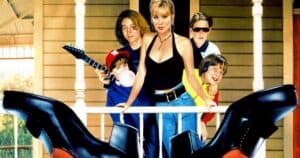
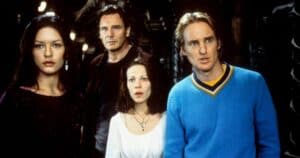

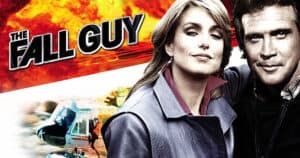
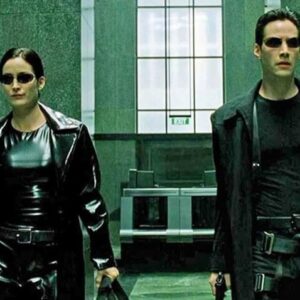
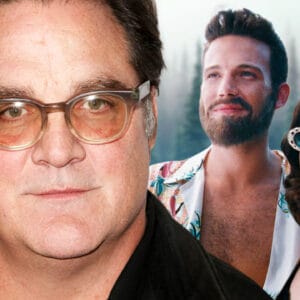
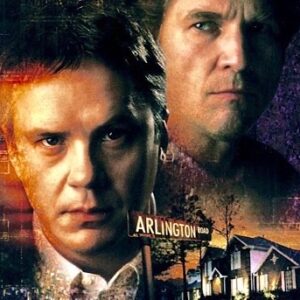
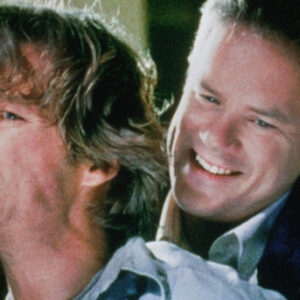
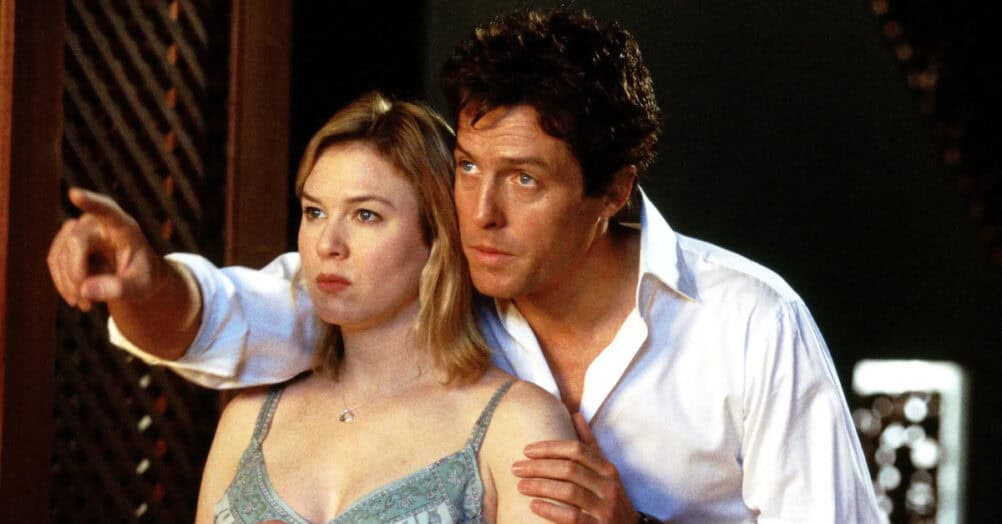
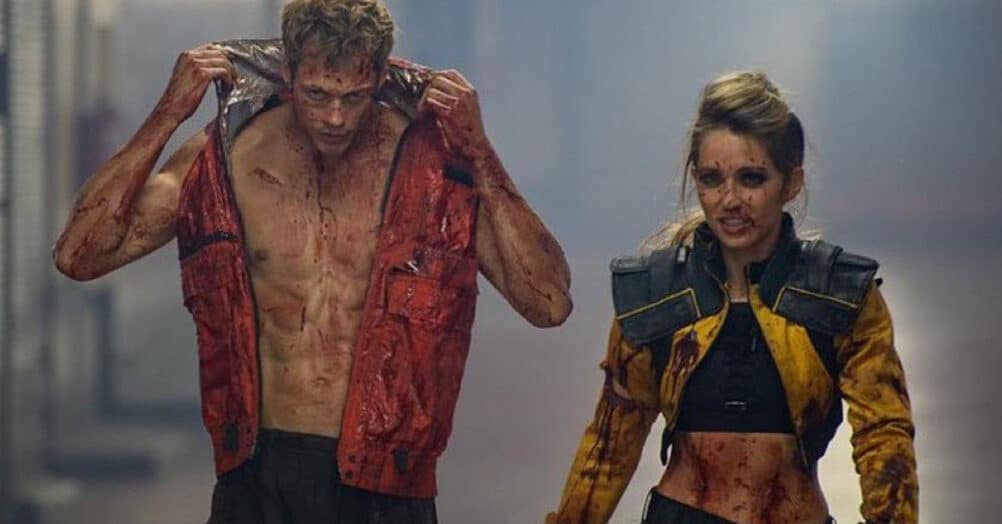
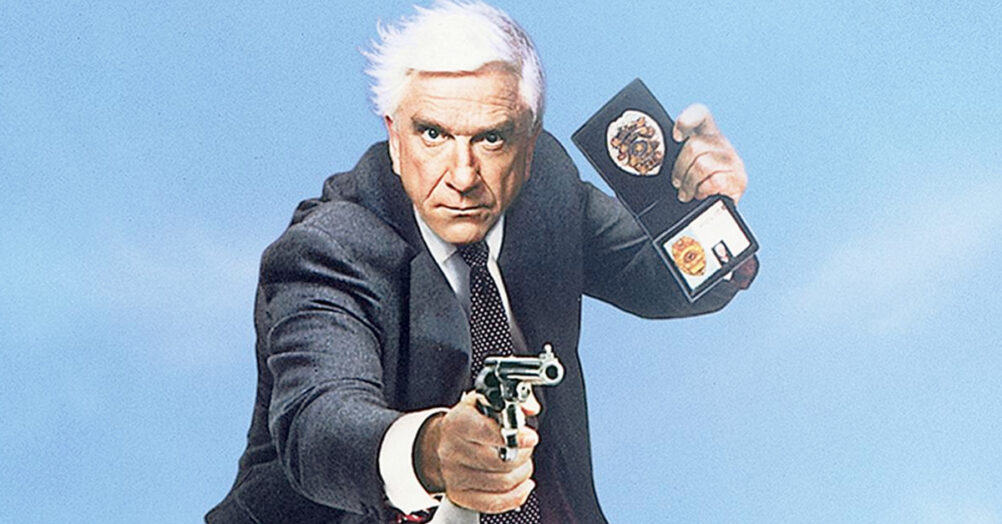

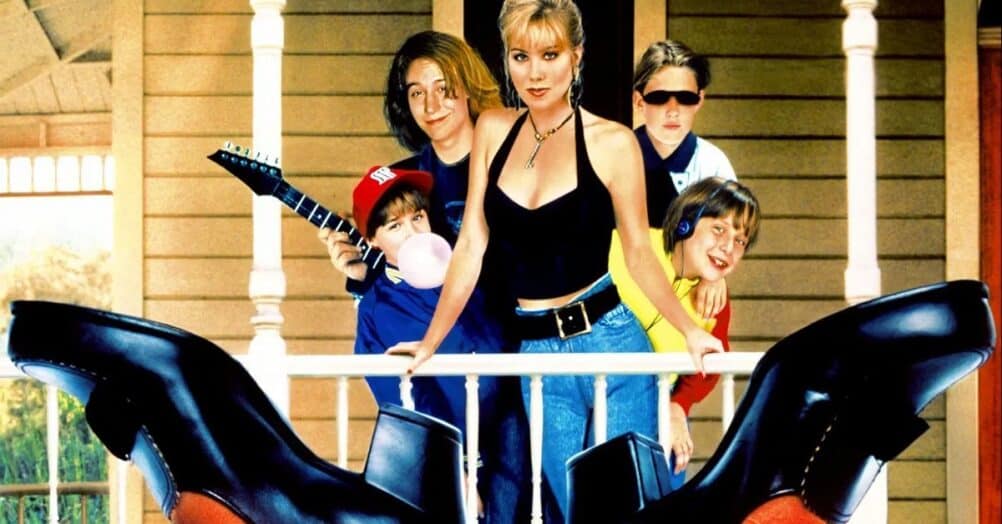
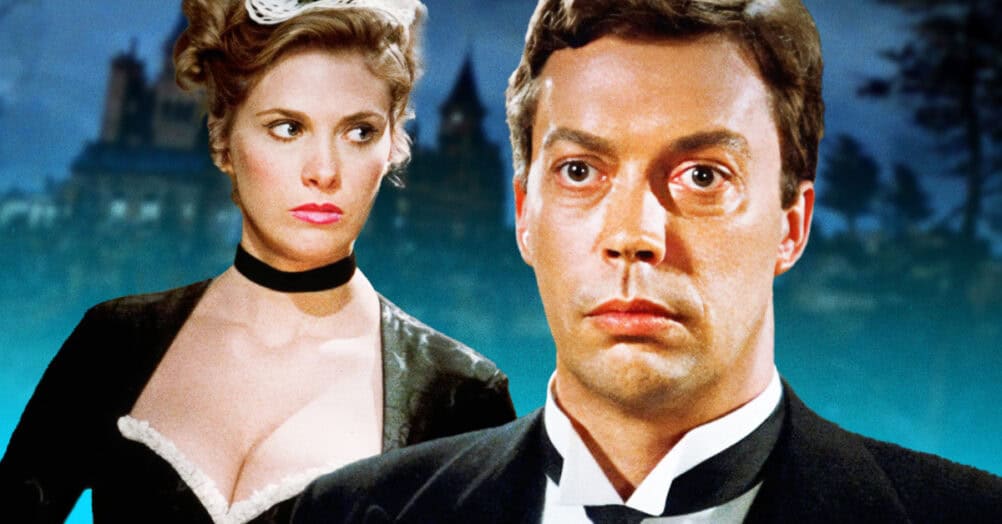
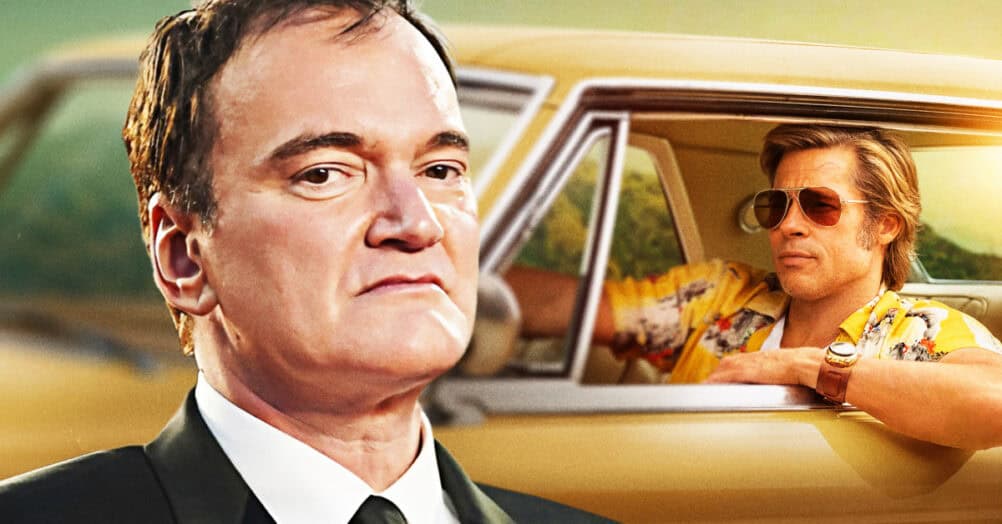
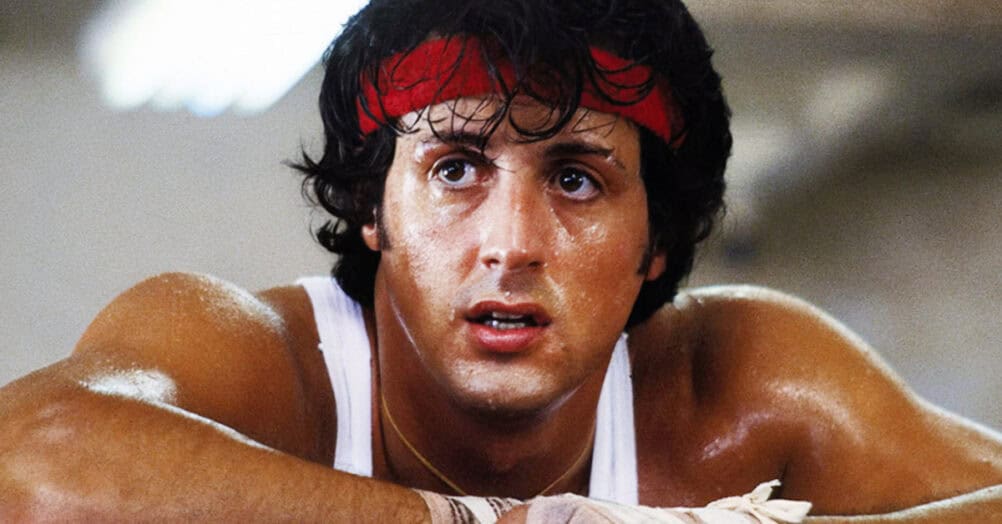


Follow the JOBLO MOVIE NETWORK
Follow us on YOUTUBE
Follow ARROW IN THE HEAD
Follow AITH on YOUTUBE